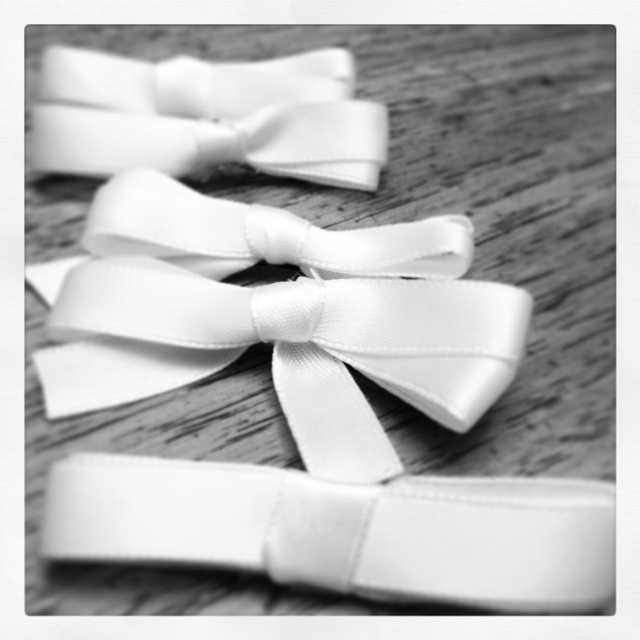I am going to give up my nights, my night owl habits, and what I have often referred to as the most productive hours of my day.
Motherhood did not reset my internal clock to the rhythms of infancy, toddlerhood, preschool, etc. because those seasons never had a set rhythm unless controlled chaos is considered a rhythm. I have never enjoyed the quiet before or during sunrise. I usually only see a sunrise if I was up all night. I love staying up past 1 a.m. when everyone else is asleep. I love the second wind and feeling of productivity when no one else is in my way.
Which is why I am giving up my night owl habits. I need to let go. Everyone needs a certain amount of sleep, and I certainly don’t get enough of it. It’s no one’s fault but my own. I stay up late to get more done, to write one last paragraph, read one more page, clean up one more spot in the house, respond to one more email, check off one more thing off my never-ending list of things to get done, many of which can and should wait.
And then I wake up after I’ve hit the snooze button too many times, feeling exhausted and already behind another day of producing, cleaning, emailing, multitasking purposefulness.
I am not that important.
The house is not that dirty.
Those emails (unless they are from my supervisors or colleagues and correctly have the RN: date on them) are not “DO IT NOW!” urgent.
The book will still be there.
Even as I sit here typing I am thinking and worrying about what isn’t getting done now and wondering how I can get it all done tonight.
No more afternoon coffee. No more burning the midnight oil. Less cranky Kathy, which is far less than what God has invited me to be. No more being too tired to actually be present to what God has for me.
May 40 days simply be.
